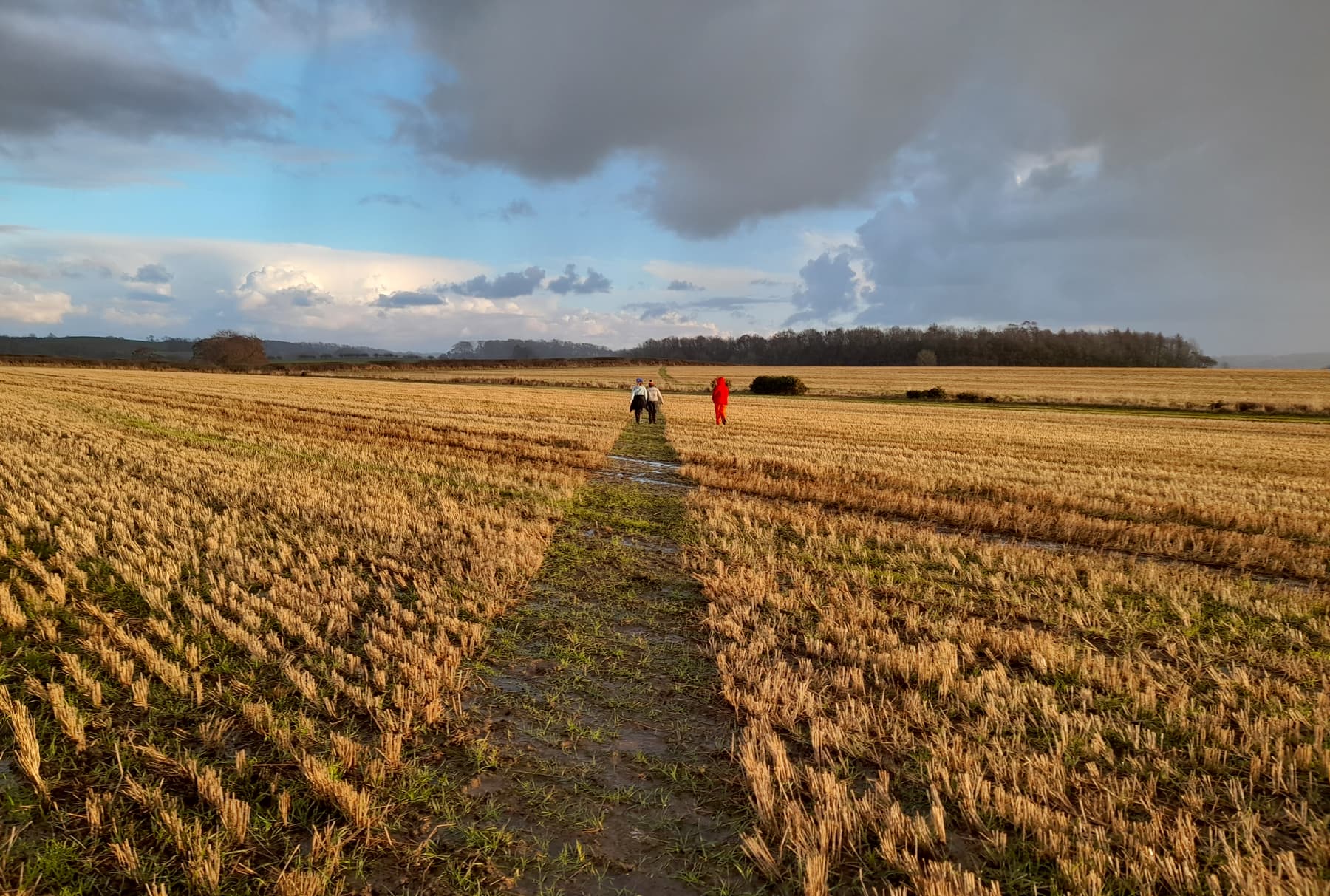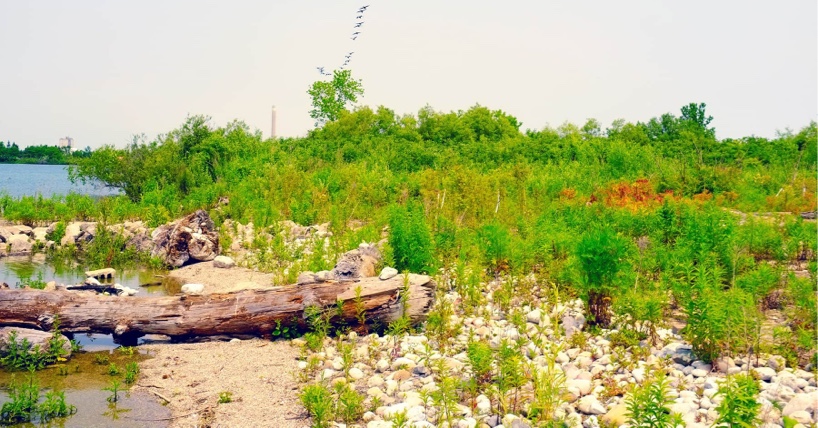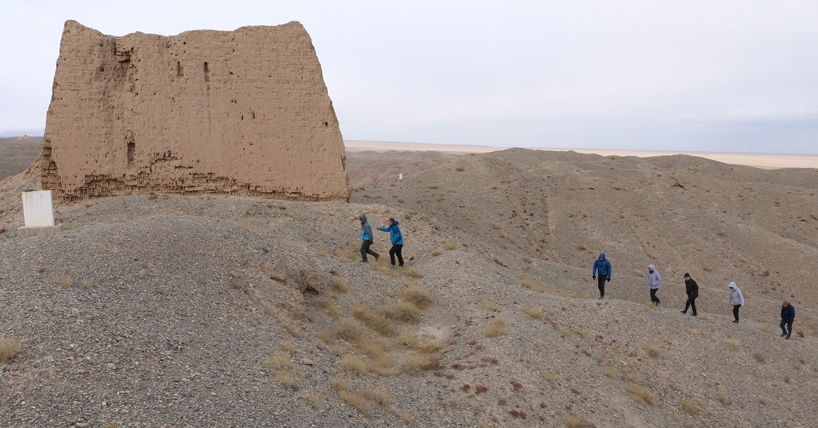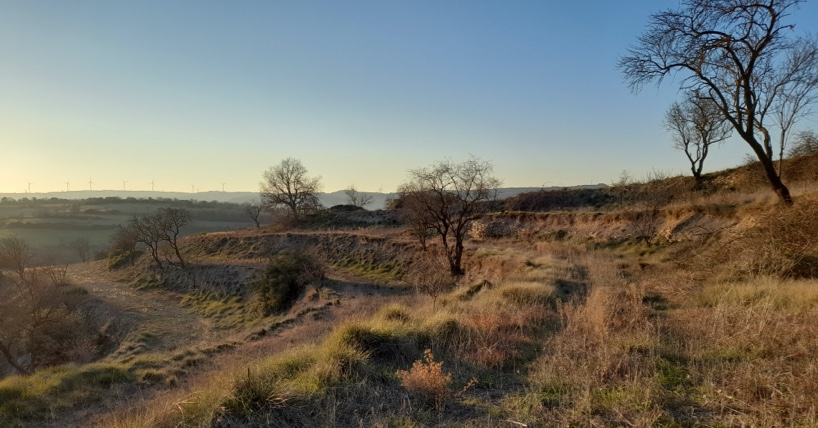Our Research on Landscapes
Our research focuses on the complex interactions within and between landscapes through five interdisciplinary thematic areas.
Understanding landscapes
Landscape research at Newcastle University examines the complex relationships between people and the environment in the past, present and future.
Landscape is understood in many ways by different people and therefore provides myriad opportunities for transdisciplinary working and research. This includes (i) as a concept and way of thinking by researchers and (ii) as a physical and administrative entity, particularly by professionals and policy-makers in relation to development, spatial plans, quality of life, identities, cultures and sustainability indicators.
Our interdisciplinary thematic areas include:
Citizens and Governance
Landscapes bring people together using shared resources and common objectives. People can also be separated in landscapes through exclusive property rights, natural and human-induced disasters, policy and physical features. How can future landscapes be participatory, just and democratic?
Ecologies and Resources
Challenges from intensification, abandonment and climate change affect landscapes at all scales. Landscape approaches for interdisciplinary research provide opportunities for researchers and policymakers that allow them to understand the impacts of complex social and environmental challenges.
Sound and Environment
The Sound + Environment Research Group at Newcastle University brings together researchers working across arts and sciences to explore the ways that sound can deepen our understanding of environments and the communities inhabiting them. For example, recent developments in the field of ecoacoustics are proving fruitful in assessing ecosystem change. Sound and listening are also increasingly used to monitor built structures and to inform urban and rural landscape design. We can use sound for scientific and artistic exploration, to inform and expand our knowledge of environments and our relationships to the world around us. Sound can inform a range of innovative interventions and solutions to problems. Through exploring scientific and artistic approaches together, we engage with sound and listening to create complementary ways of investigating, understanding, and taking action.
So far, the group has brought together researchers working across archaeology, architecture landscape and planning, biology, computing, engineering, ecology, fine art, geography, heritage studies, history, law, music, and physics.
The Sound + Environment Research Group sits within the Centre for Landscape and the Institute for Creative Arts Practice at Newcastle University.
Co-directors:
Dr Rob Mackay (rob.mackay@newcastle.ac.uk)
Dr Usue Ruiz Arana (usue.ruiz-arana@newcastle.ac.uk)
You can find out more about the Sound and Environment Research Group here https://blogs.ncl.ac.uk/sound-environment/
The McCord Centre for Landscape
This McCord centre within the School of History, Classics and Archaeology at Newcastle University is uniquely placed to cut across traditional subjects and time periods. We develop new methods for analysing physical and intangible aspects of past landscapes. Key competencies include landscape history and historical geography; geoarchaeology, paleoenvironments and landscape change.
Visit the McCord Centre website




